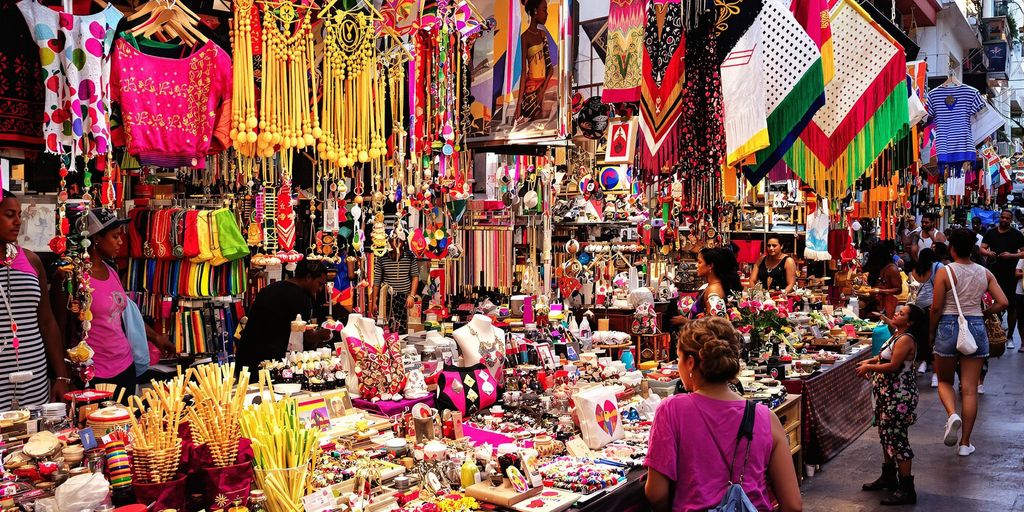
Salvador, Brazil, is one of the most culturally rich and historically significant cities in South America. It is known for its Afro-Brazilian heritage, colonial architecture, lively music, and vibrant festivals. Here’s a closer look at what makes Salvador special:
1. History & Cultural Influence
- First Capital of Brazil (1549-1763): Salvador was the first capital of Brazil under Portuguese rule.
- Afro-Brazilian Heritage: The city has a strong African influence due to its history as a major port in the transatlantic slave trade. Today, it remains the cultural heart of Afro-Brazilian traditions.
- Pelourinho: A UNESCO World Heritage Site, this historic district is filled with colorful colonial buildings, cobblestone streets, and rich cultural history.
2. Music & Dance
- Axé Music: A fusion of Afro-Caribbean and Brazilian sounds, popularized in Salvador.
- Samba & Pagode: Traditional Brazilian rhythms that are a huge part of the city’s street life.
- Capoeira: A unique martial art that combines dance, acrobatics, and music, brought by African slaves.
3. Festivals & Celebrations
- Salvador Carnival: One of the biggest street carnivals in the world, featuring massive parades, live music, and blocos (street parties).
- Festa de Iemanjá (Feb 2nd): A festival honoring the sea goddess of Afro-Brazilian religions, with offerings and celebrations on the beach.
- Lavagem do Bonfim: A religious festival where people in white walk to the Church of Bonfim, washing its steps as a spiritual ritual.
4. Food & Cuisine
- Acarajé: Deep-fried black-eyed pea fritters filled with vatapá (shrimp and peanut paste).
- Moqueca Baiana: A flavorful seafood stew with coconut milk, palm oil, and spices.
- Vatapá: A thick, spicy dish made from bread, shrimp, peanuts, and coconut milk.
5. Beaches & Nature
- Porto da Barra Beach: One of the best urban beaches in the world.
- Farol da Barra: A historic lighthouse and museum with stunning ocean views.
- Itapuã Beach: Famous for its clear waters, palm trees, and relaxed vibe.